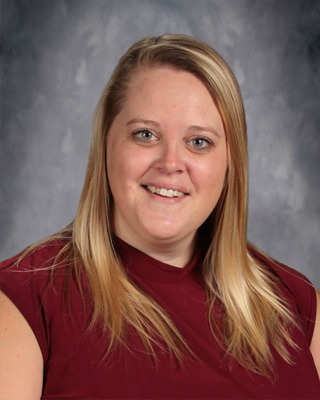Early Intervention Program
Mission Statement:
The mission of Fremont Public Schools early childhood development is to create a community partnership between school and family in which children develop creativity, self-confidence, persistence, social skills, pre-academic, competency, and achieve developmental milestones.
Program Goals:
Locate and identify children with special needs ages birth-five.
Advertise services at community functions
Educate parents regarding typical patterns of child development
Accept referrals for any children referred by parents or medical professionals for developmental concerns
Assess needs for children referred
Educate families and children
All children who meet verification guidelines set forth by the state of Nebraska qualify for services
Children Birth through age three are generally served in their home or daycare setting.
Children ages three-five are supported at their private preschool, Head Start or attend center-based preschool at their neighborhood school
Services:
Birth – Three (Early Childhood Teaching and Sixpence Early Learning Fund)
The Early Childhood staff includes: Early Childhood Teachers, Service Coordinators, Speech Pathologists, Occupational Therapist, Physical Therapist, and School Psychologist.
The Early Childhood staff provides instruction in homes and day care facilities. Our goal is to teach techniques and strategies to the parents/caregivers who will spend time with the child. This is usually done using the toys and items available in the home, although special materials (schedules) may be brought in as needed.
Three – Five (Pre-Kindergarten at all K-4 Schools)
Children ages three through five are supported in their current instructional setting whether that be at an FPS preschool, a private preschool or Head Start. Center-based preschool programming is available at each FPS elementary school at no cost for all students residing within the school district.
Pre-Kindergarten students attend Monday through Friday for approximately 3 hours daily. Morning and Afternoon sessions are available. Class size averages 12-18 students. Each classroom has peer models who demonstrate appropriate communication and behavior skills.

